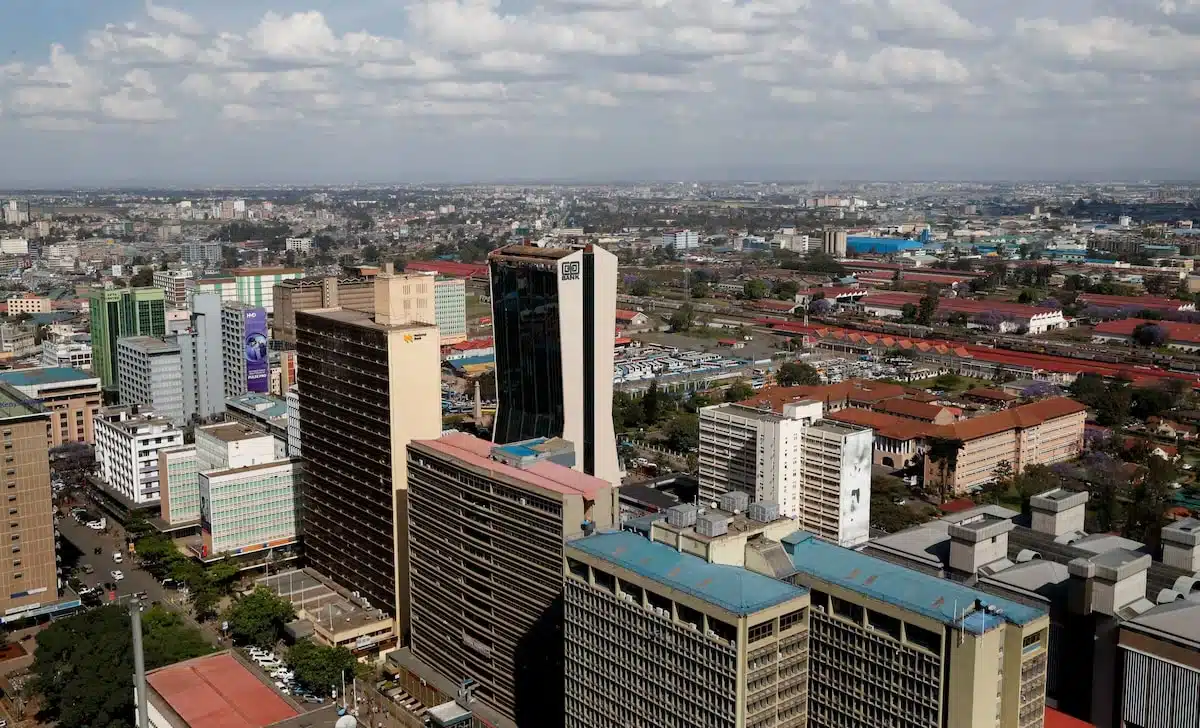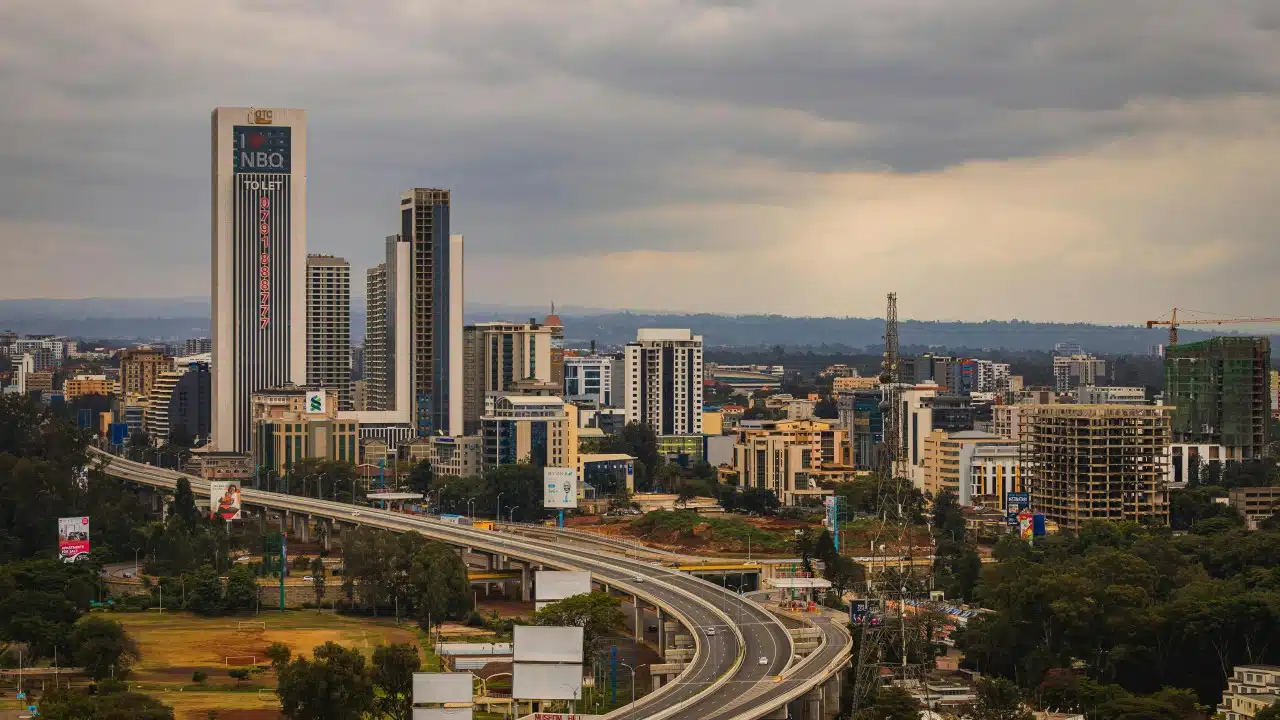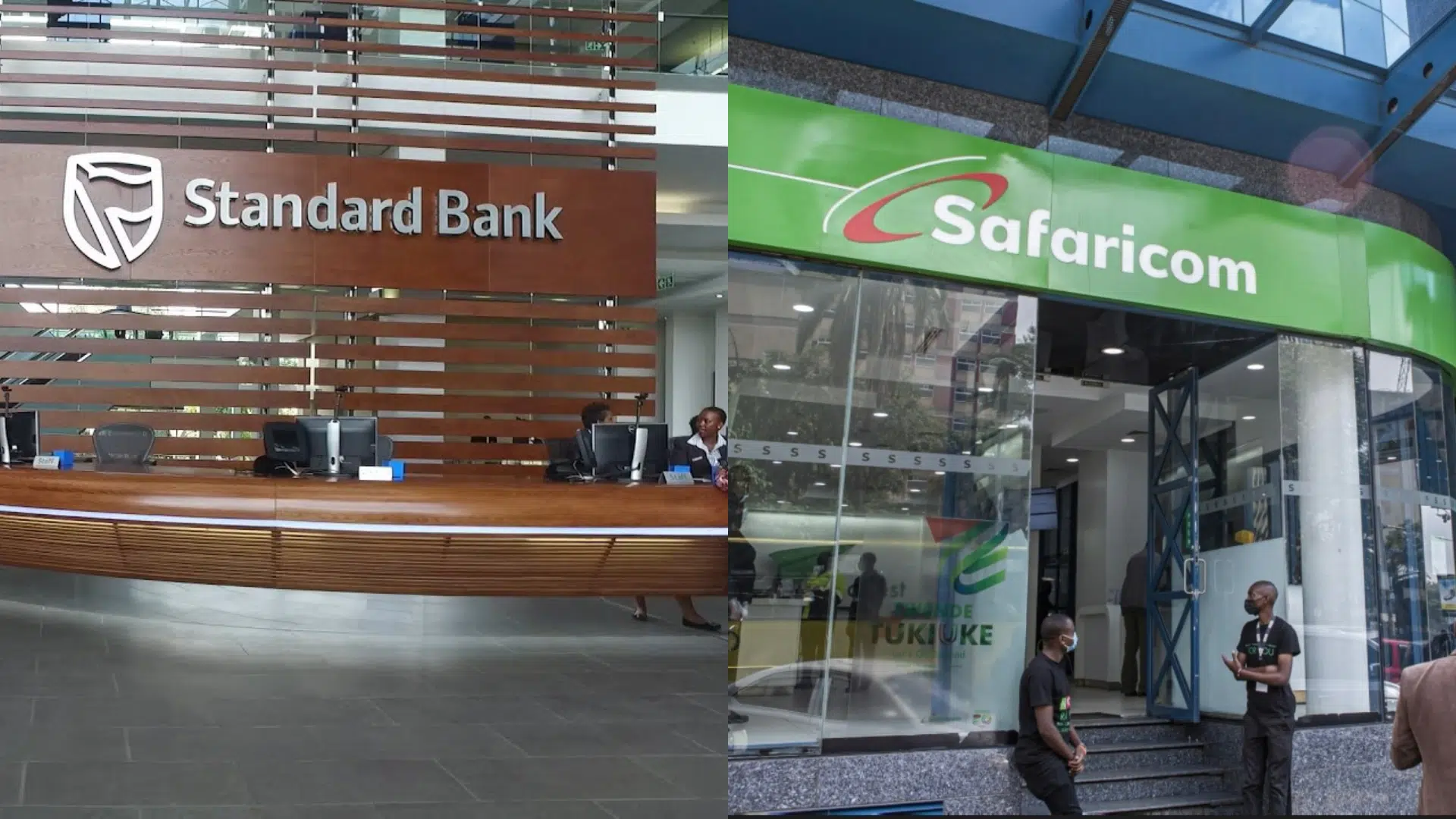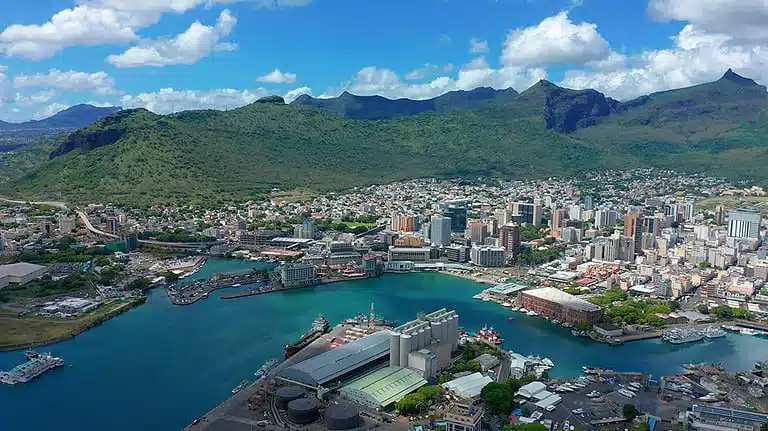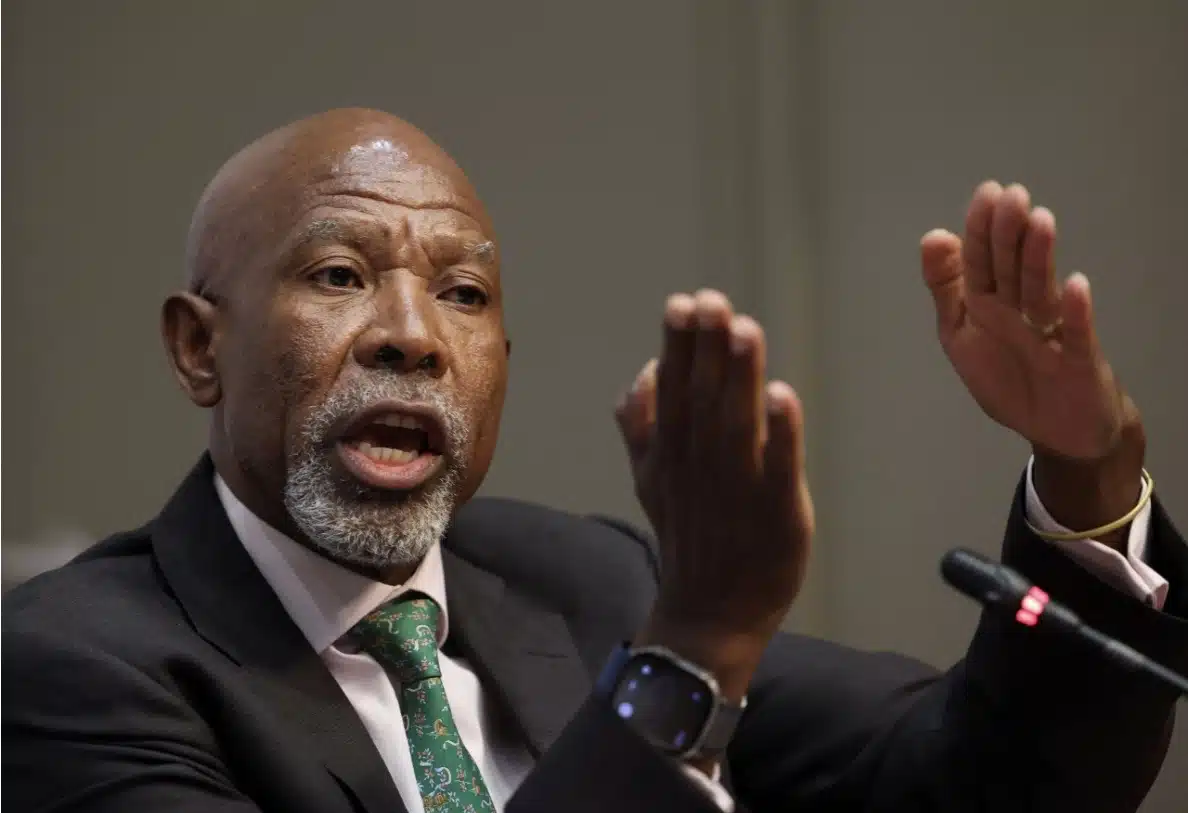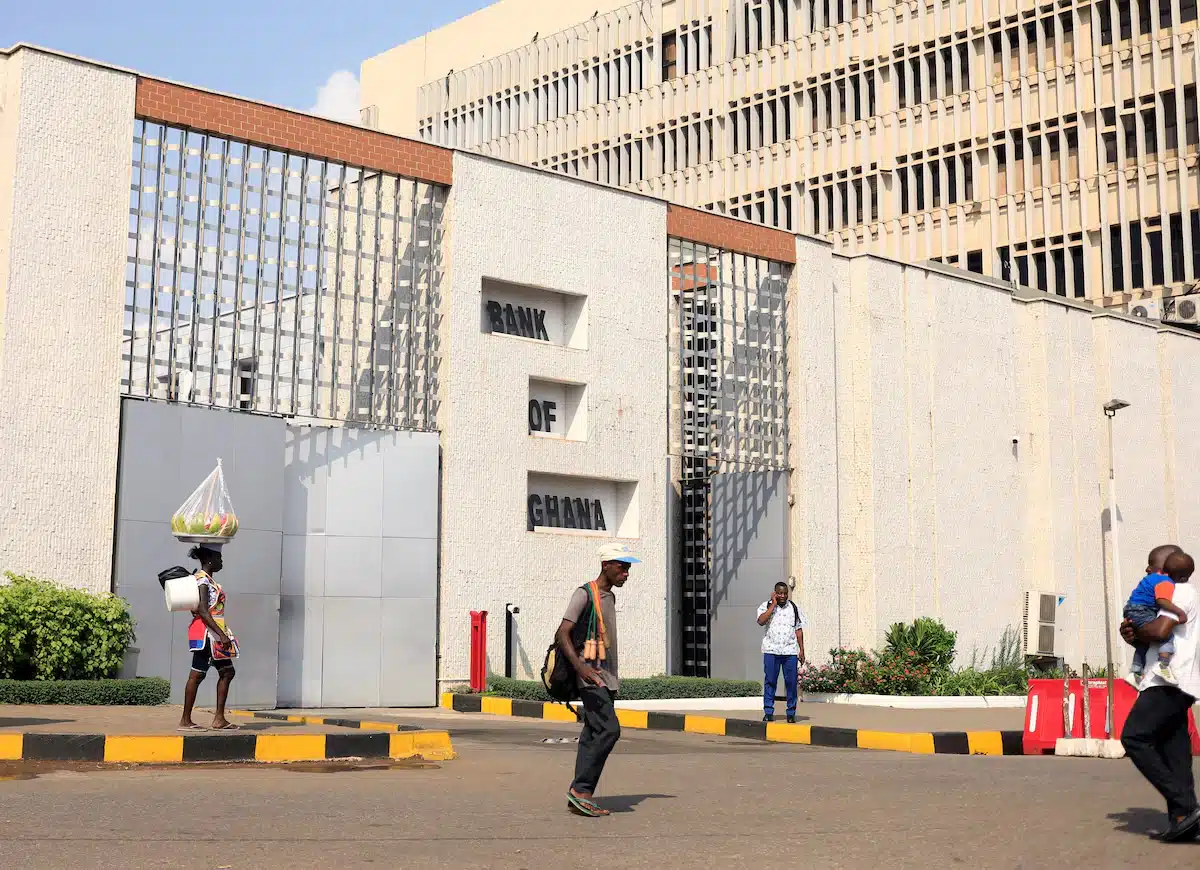Africa’s private equity market, excluding South Africa, fell to its weakest level in five years during the first half of 2025, as global macroeconomic headwinds and regional uncertainties weighed on investor appetite.
Rising global interest rates, a strong US dollar, and geopolitical tensions drove international capital toward safer, higher-yielding markets, leaving African deals in retreat, according to new data from DealMakers Africa.
The South Africa-based research firm, which tracks Mergers and Acquisitions (M&A) and corporate finance transactions across the continent, reported that the total value of deals recorded between January and June stood at $4.67 billion.
That marked a 15.4% decline from $5.52 billion in the same period of 2024 and was more than 53% below the $10 billion logged in the first half of 2019.
Deal volumes also reflected the downtrend. Transactions fell by 21% year-on-year to 174, compared with 2024’s first-half tally, and were nearly 20% lower than the 217 deals recorded in 2019.
Energy dominated deal activity, with just two transactions in the sector worth $2.16 billion—almost half of total deal value for the half year. But beyond those outliers, investor caution was evident across most industries.
“Analysis of private equity investment in the continent over the past four years mirrors this steady decline, amid challenges brought about by a mix of global macro pressures, regional risks, and shifts in investor strategy,” DealMakers Africa said in its report.
Offshore reliance, rising currency risks
The report highlighted how heavily African funds still depend on offshore capital. With international investors redirecting flows to US and European markets offering higher interest rates and lower perceived risks, Africa has struggled to secure fresh commitments.
“For Africa, where private equity funds remain heavily reliant on offshore capital, this has translated into weaker fundraising and a more selective deployment of capital,” the report said.
Analysts at Stears, a data and intelligence firm, noted that Africa’s five largest economies have suffered an average currency depreciation of 51% over the past five years, eroding private equity returns once converted into US dollars.
“This depreciation has created significant challenges for fundraising, as it increases the risk profile and affects key performance metrics such as distributed value to paid-in and total value to paid-in,” they said in a note on Tuesday.
To cope, general partners have adjusted their strategies, often leaning on catalytic capital from development finance institutions.
Nigeria, Africa’s most populous nation, recorded the highest deal value on the continent at $956.7 million in H1. Yet this marked a sharp 66.9% year-on-year decline, underscoring investor caution over currency volatility, energy insecurity, and persistent political uncertainty.
Mauritius followed with $367 million, while Rwanda ($274.5 million), Angola ($233.8 million), and Côte d’Ivoire ($213.7 million) rounded out the top five. The relatively modest figures point to a narrowing funnel of capital inflows across key markets.
“Currency volatility, energy insecurity, and political uncertainty in key economies such as Nigeria have added to the caution,” said Marylou Greig, Editor at DealMakers Africa.
Greig also pointed to structural weaknesses. “African institutional capital remains underdeveloped, with general partners still heavily reliant on foreign backers. Subdued Initial Public Offerings markets, together with limited trade buyer activity, continue to constrain exit opportunities—a critical factor in investor appetite,” she said.
Tech correction and sector shifts
One of the sharpest shifts has been in technology and fintech, which dominated African private equity during the boom years of 2020–2022. The post-pandemic surge saw valuations soar as global investors piled into startups promising to disrupt payments, e-commerce, and logistics across the continent.
But as global risk appetite cooled and interest rates climbed, those valuations corrected. The report said the correction in tech and fintech—once central to Africa’s private equity story—has dampened dealmaking momentum.
Instead, attention is drifting toward more defensive sectors such as healthcare, agriculture, food value chains, and logistics. These industries, seen as more resilient to macro shocks, are beginning to attract relatively more interest, though not enough to offset the broader decline.
“The shift in global sentiment and a redirecting of attention to more defensive opportunities has cooled valuations and deal appetite, reflected in the lower deal volume,” DealMakers Africa said.
Long-term fundamentals remain
Despite the gloom, analysts maintain that Africa’s fundamentals remain compelling over the long term. The continent is home to the world’s youngest population, rapid urbanisation, and pressing needs for infrastructure, healthcare, and energy transition—factors that will eventually draw capital back when global conditions stabilise.
“The long-term story remains intact, and the cycle will turn,” the report said. “Africa’s demographic dividend and the urgent need for investment across multiple sectors continue to underpin opportunity.”
Greig echoed that view, stressing the importance of “patient capital” that can weather cyclical downturns. “Africa’s fundamentals will ensure it remains firmly on the radar, with the current environment presenting entry points at more attractive valuations,” she said.
Stears added that the outlook is improving as the next five years are expected to see a dramatic shift, with projected depreciation down to 17% on average for the Big Five.
“This stabilisation presents a key opportunity for private equity in Africa, potentially leading to improved fundraising conditions and higher returns for investors.”



